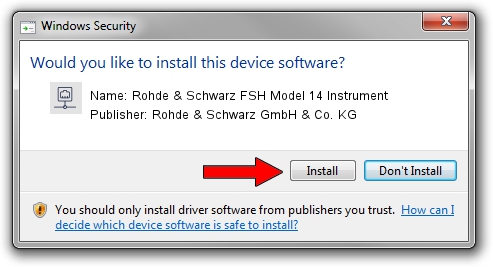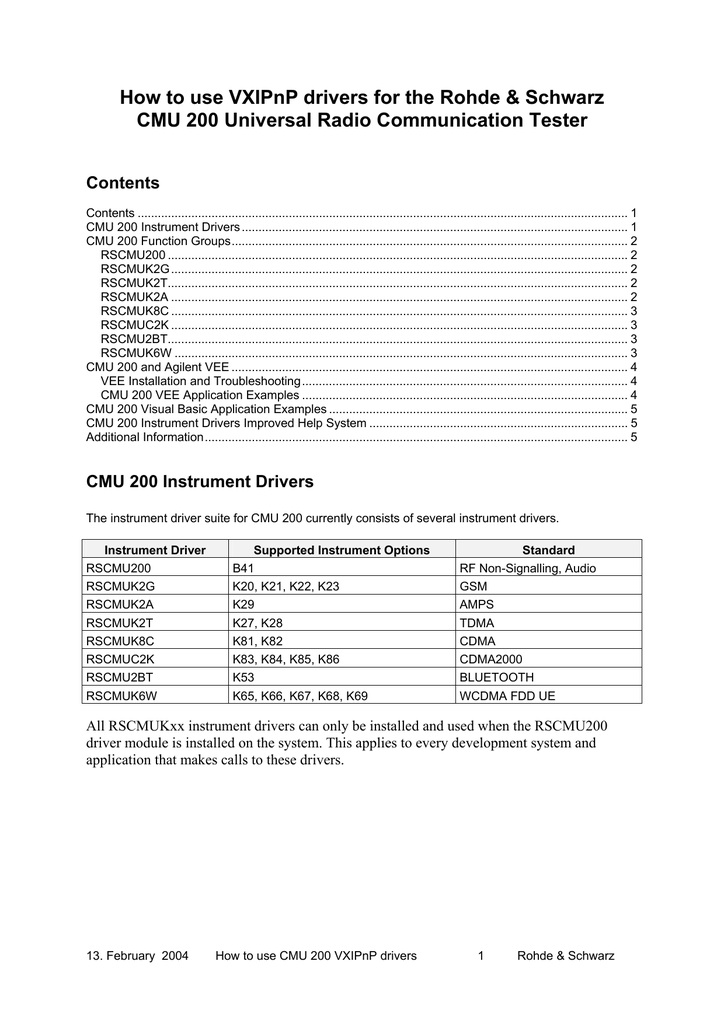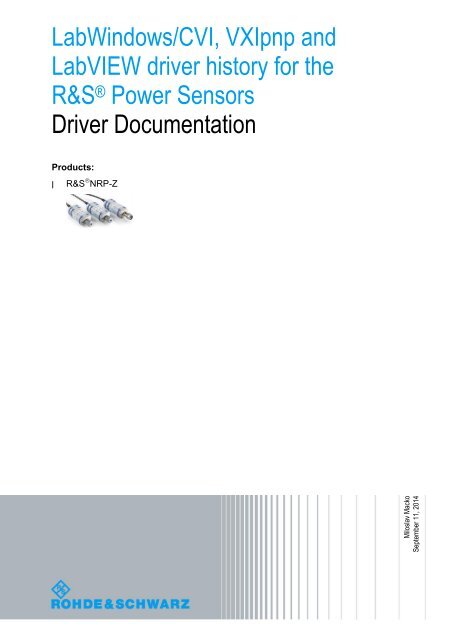Police officers followed a Chevrolet Monte Carlo that drove away from a house suspected of hosting drug trafficking. The officers subsequently stopped the vehicle after learning that the Monte Carlo’s registration had been revoked and that it was registered to Defendant, whose driver’s license had also been revoked. The driver, who was identified as Defendant, indicated that the car was not insured. The officers decided to tow and impound the vehicle. During an inventory search, the officers found drug and drug paraphernalia in a purse on the passenger seat of the Monte Carlo. Defendant was charged with possession of a controlled substance and possession of drug paraphernalia. Defendant filed a motion to suppress, aruing that the initial stop was lawful but that the search was unconstitutional because the police were not authorized to impound the vehicle, and the inventory search itself was pretextual. The district court denied the motion. The court subsequently found Defendant guilty on both counts. The Supreme Court reversed, holding that the impoundment was unreasonable, and therefore, the resulting inventory search was unconstitutional.
The Rohde family name was found in the USA, the UK, Canada, and Scotland between 1871 and 1920. The most Rohde families were found in the USA in 1920. In 1880 there were 119 Rohde families living in Illinois. This was about 23% of all the recorded Rohde's in the USA. Illinois had the highest population of Rohde families in 1880. Rohde & Schwarz provides a range of free Instrument Drivers (follow the link Rohde & Schwarz drivers) to simplify the development process of instrument remote control applications. Rohde & Schwarz have been driving the introduction of IVI.NET drivers as a new standard in the industry.



Visa Driver Rohde&schwarz

Rohde & Schwarz Drivers
Police officers followed a Chevrolet Monte Carlo that drove away from a house suspected of hosting drug trafficking. The officers subsequently stopped the vehicle after learning that the Monte Carlo’s registration had been revoked and that it was registered to Defendant, whose driver’s license had also been revoked. The driver, who was identified as Defendant, indicated that the car was not insured. The officers decided to tow and impound the vehicle. During an inventory search, the officers found drug and drug paraphernalia in a purse on the passenger seat of the Monte Carlo. Defendant was charged with possession of a controlled substance and possession of drug paraphernalia. Defendant filed a motion to suppress, aruing that the initial stop was lawful but that the search was unconstitutional because the police were not authorized to impound the vehicle, and the inventory search itself was pretextual. The district court denied the motion. The court subsequently found Defendant guilty on both counts. The Supreme Court reversed, holding that the impoundment was unreasonable, and therefore, the resulting inventory search was unconstitutional.
